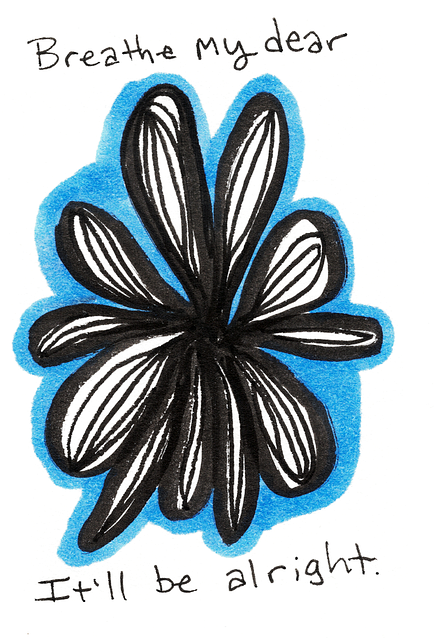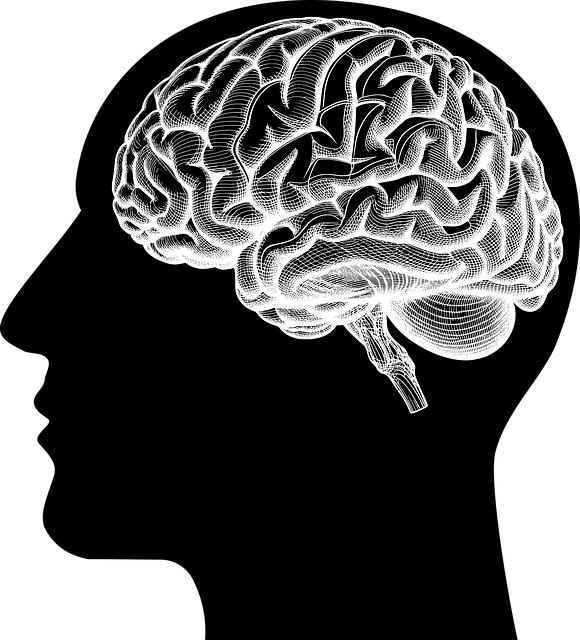Стресс является серьезной проблемой для русскоязычных взрослых, обусловленной жизненными давлением, культурными ожиданиями, языковыми барьерами и иммиграционными вызовами. Программа "Терапия для Взрослых Русоязычных" предлагает безопасное пространство, используя доказательные методы, такие как когнитивно-поведенческая терапия (КПТ) и осознанность, чтобы научить людей позитивным привычкам мышления и предотвратить депрессию. Этот подход, учитывающий культурные особенности и языковые барьеры, способствует эмоциональной стабильности и развитию механизмов преодоления трудностей, обеспечивая долгосрочное улучшение психического здоровья в русскоязычных сообществах.
Stress management techniques are essential tools for navigating life’s challenges, especially for Russian-speaking adults facing unique pressures. This article delves into the critical role of effective stress management in improving mental well-being among this demographic. We explore various therapies and strategies tailored to their needs, from understanding stress triggers to building resilience. By examining popular relief methods and personalizing approaches, we aim to empower Russian-speaking adults with lasting coping mechanisms, enhancing their overall quality of life.
- Understanding Stress and Its Impact on Russian-Speaking Adults
- The Importance of Effective Stress Management Techniques
- Exploring Popular Stress Relief Strategies in Therapy Sessions
- Customizing Stress Management for Individual Needs
- Building Resilience and Long-Term Coping Mechanisms through Teaching
Understanding Stress and Its Impact on Russian-Speaking Adults

Stress is a prevalent issue among Russian-speaking adults, often stemming from various life pressures and cultural expectations. Understanding its impact is crucial for effective stress management. In today’s fast-paced world, many individuals struggle with balancing work, family, and personal commitments, leading to heightened anxiety and potential mental health concerns. For Russian-speaking communities, language barriers, immigration challenges, and preserving cultural identity can further exacerbate these issues.
Recognizing the signs of stress and its effects on both physical and mental well-being is essential. Therapy for adults speaking Russian offers a safe space to explore these challenges. Through evidence-based practices, such as cognitive behavioral therapy (CBT) and mindfulness techniques, individuals can learn powerful mind over matter principles and develop positive thinking habits. These tools are pivotal in depression prevention, enabling people to navigate life’s complexities with resilience and improved coping strategies.
The Importance of Effective Stress Management Techniques

Stress management techniques are essential tools for anyone seeking to lead a balanced and fulfilling life, especially for adults who may face numerous challenges in their personal and professional lives. Effective stress management is not just about finding ways to relax; it’s a proactive approach to enhancing overall well-being and fostering inner strength. By learning and implementing various strategies, individuals can develop resilience, improve their mental health, and maintain better relationships.
For the Russian-speaking adult population, accessing tailored therapy and support is crucial. Therapy for adults in this linguistic community offers specialized services that cater to cultural nuances and language barriers, making it a powerful resource for stress management. Through these therapeutic avenues, individuals can explore techniques like conflict resolution strategies, which are invaluable for navigating interpersonal challenges, and cultivate positive thinking habits, ultimately leading to increased emotional stability and improved coping mechanisms.
Exploring Popular Stress Relief Strategies in Therapy Sessions

In therapy sessions for adults speaking Russian, exploring popular stress relief strategies is a key aspect of enhancing mental wellness. Many clients find solace in practices such as mindfulness meditation, which has gained significant traction due to its effectiveness in reducing anxiety and promoting relaxation. Therapists often incorporate these techniques into tailored programs designed to address individual needs, fostering a holistic approach to stress management.
The development of Mental Wellness Coaching Programs is another popular trend. These programs empower individuals to take control of their mental health by providing them with practical tools and strategies for managing stress on a daily basis. Through interactive sessions, clients learn techniques like breathing exercises, progressive muscle relaxation, and cognitive reframing, all aimed at improving overall well-being and creating lasting changes in their approach to stressful situations.
Customizing Stress Management for Individual Needs

Stress management is a highly personalized journey, and one-size-fits-all approaches rarely work effectively. This is especially true when catering to diverse populations, such as Russian-speaking adults seeking therapy. Customization is key to ensuring that stress management techniques are tailored to individual needs, cultural backgrounds, and personal beliefs. For example, what works for a young professional dealing with office stress might differ significantly from an older adult facing retirement anxiety or a person navigating cultural stressors.
Russian-speaking communities may have unique challenges related to migration, acculturation, or access to mental health services in their native language. Therapists skilled in Russian-language therapy and aware of these specific issues can offer more tailored interventions. Incorporating techniques like mindfulness, cognitive behavioral therapy (CBT), and emotional intelligence training, which promote positive thinking and self-awareness, can be particularly beneficial. Moreover, a thorough risk assessment for mental health professionals is essential to ensure the safety and effectiveness of stress management programs in diverse cultural settings.
Building Resilience and Long-Term Coping Mechanisms through Teaching

Teaching effective stress management techniques can significantly contribute to building resilience and long-term coping mechanisms, especially for adults in Russian-speaking communities who often face unique challenges. By incorporating therapy for adults into their educational framework, schools, and community centers can empower individuals with valuable tools to navigate stressful situations. This approach goes beyond mere relaxation methods; it involves fostering mental health awareness and teaching practical strategies that enhance overall well-being.
Through structured programs, Russian-speaking adults can learn social skills training techniques, enabling them to build supportive networks and improve communication, both of which are crucial for resilience. These programs should be tailored to address cultural nuances while promoting self-care practices, ensuring individuals develop a strong foundation to cope with life’s pressures. By investing in such initiatives, communities can foster a sense of empowerment, encouraging long-lasting positive changes in mental health management.
Stress management techniques teaching plays a pivotal role in enhancing the well-being of Russian-speaking adults. By understanding the unique stressors and their impact on this demographic, therapists can effectively employ various strategies from therapy sessions to customize solutions for individual needs. Fostering resilience and long-term coping mechanisms not only alleviates immediate stress but also empowers individuals to navigate life’s challenges with greater equanimity. For those seeking therapy for adults Russian speaking, integrating these techniques into treatment plans offers a holistic approach to improving mental health and overall quality of life.













